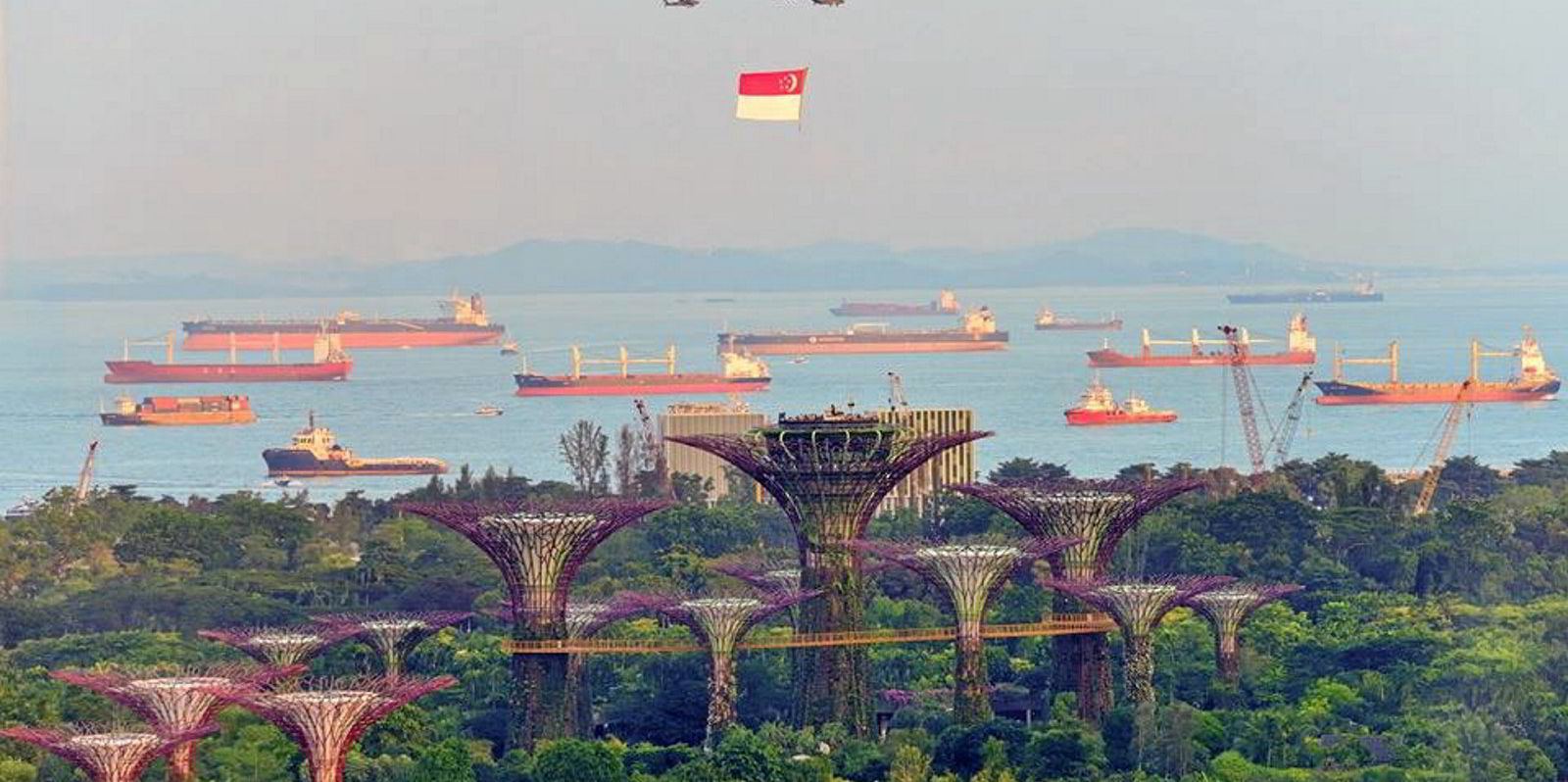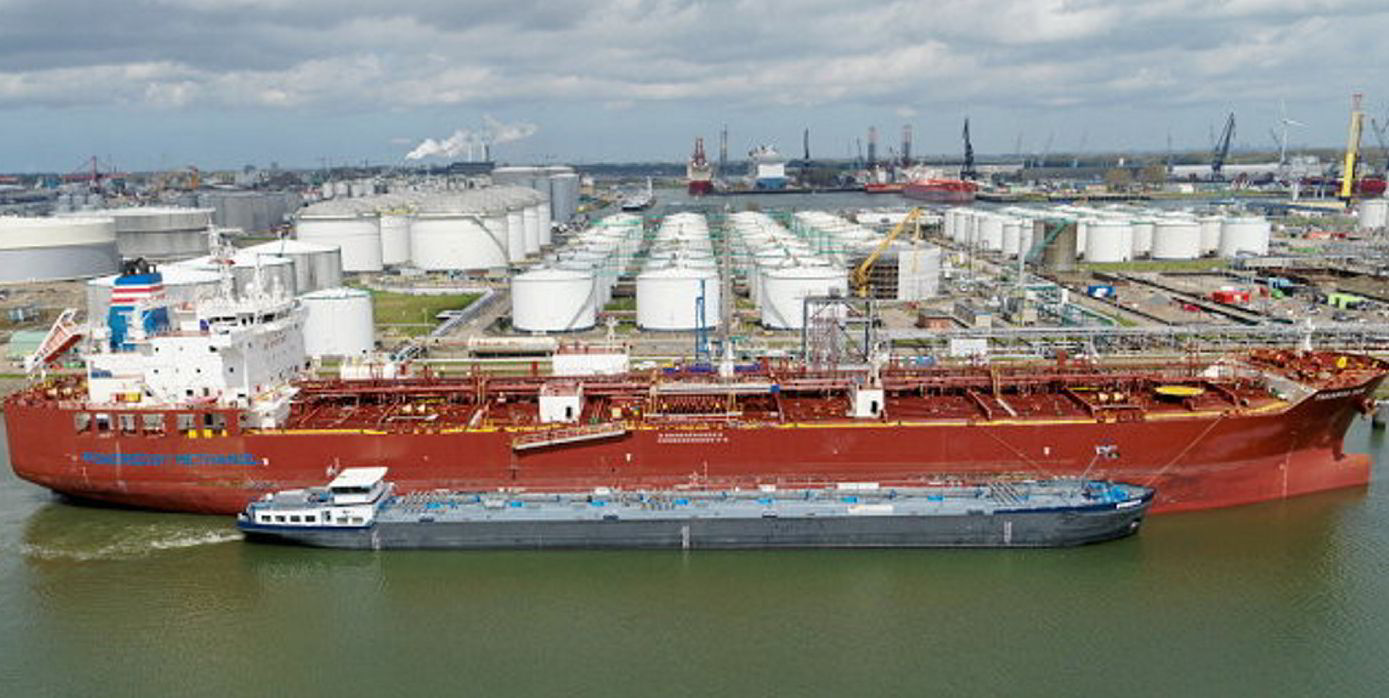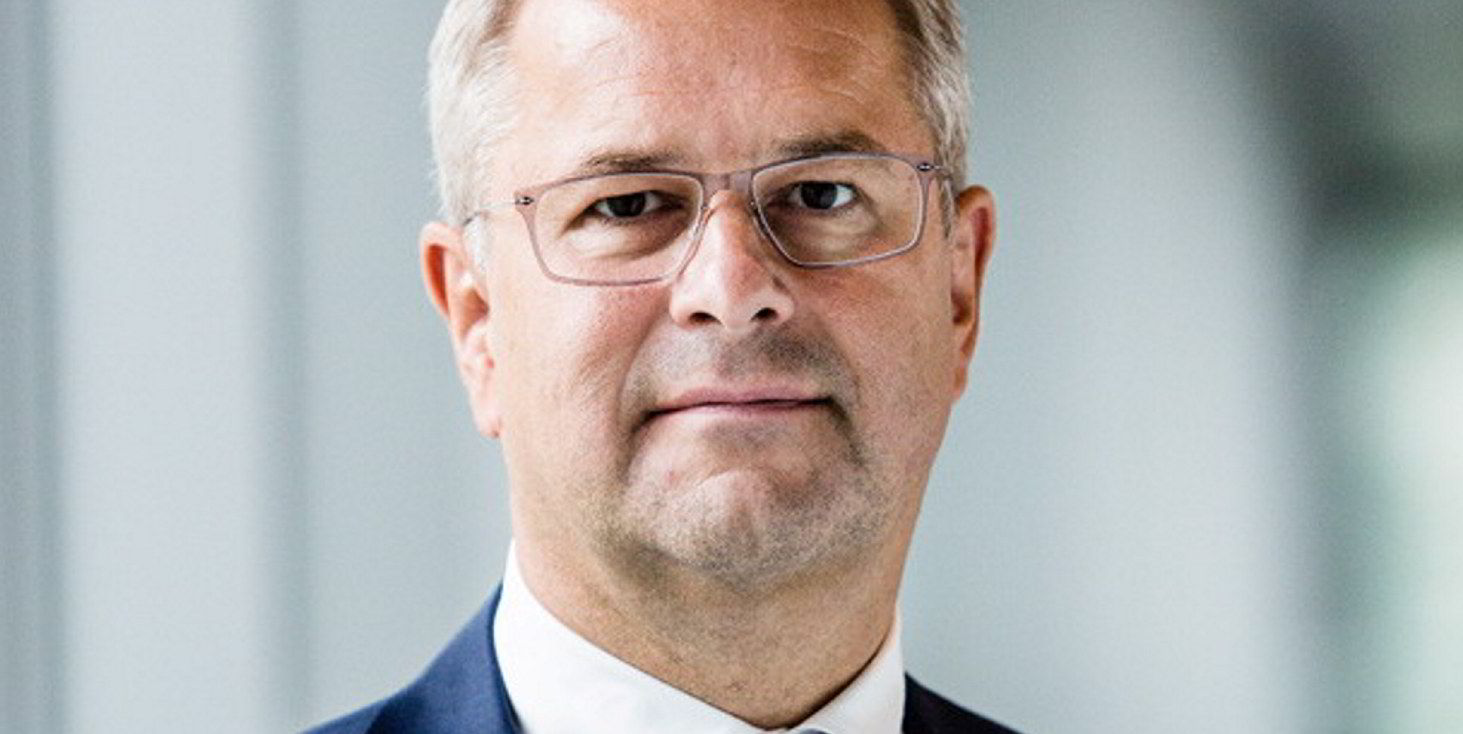S&P Global Platts has moved swiftly to add ports in Asia and the US to its recently launched daily European methanol bunker fuel price assessments.
The proposal, which takes effect on 25 October, follows the recent launch of the first methanol bunker fuel assessment in Rotterdam which began on Monday.
The pricing agency has chosen Singapore, the world’s largest bunker port, and Houston, America’s top bunkering destination, for the new assessments.
Platts said it recognised growing market demand on the back of an increased build-out in vessels utilising methanol as a marine fuel and related activities at these major bunkering hubs.
Singapore sold close to 50m tonnes of bunkers in 2020, according to figures compiled by the Maritime and Port Authority of Singapore (MPA).
The Houston Greater Area handles 1,375 vessel arrivals monthly and sees marine fuels demand of an estimated 4.5m to 5m tonnes annually, according to Danish bunker firm Monjasa.
Methanol is already stored at more than 100 ports globally, so availability is quite high
Methanol Institute
The new Singapore and Houston assessments will be published on a fixed price delivered basis in US dollars per metric tonne ($/mt).
Platts is proposing to assess methanol bunkers delivered in Singapore based on the daily methanol CFR Southeast Asia spot assessment.
The assessment would include associated costs of storage, delivery from terminal to barge and delivery to the receiving vessel.
For Houston, Platts is proposing to assess the associated costs from its daily methanol FOB Houston spot assessment calculated in $/mt, publishing the final assessment on a flat-price basis.
The methanol bunker fuel assessment flat price would include the logistics costs from the terminal to the barge or truck, and charges for delivery direct to the receiving vessel.
Platts said it is additionally proposing to publish methanol bunker fuel calculations converted to LNG and oil energy content equivalents, enabling comparison with other marine fuels.
There are currently 12 methanol dual-fuel ocean going vessels currently trading internationally, with another 20 or so on order for delivery between 2022 and 2023, according to the Methanol Institute.
“Methanol is already stored at more than 100 ports globally, so availability is quite high, which is somewhat owing to its significant foothold in the petrochemical sector as a key building block. It has been traded in a seaborne fashion for over 50 years, so it is well understood and safely handled,” an institute spokesman told TradeWinds.
“We applaud Platts recent decision to offer methanol bunker assessments. As interest builds in methanol as a marine fuel, owners require realistic market price assessments to enable them to further calculate methanol’s suitability for a particular vessel and voyage,” he added.
Industry sources said Argus will likely also soon introduce marine methanol assessments as an extension of their Argus marine fuels reporting.





